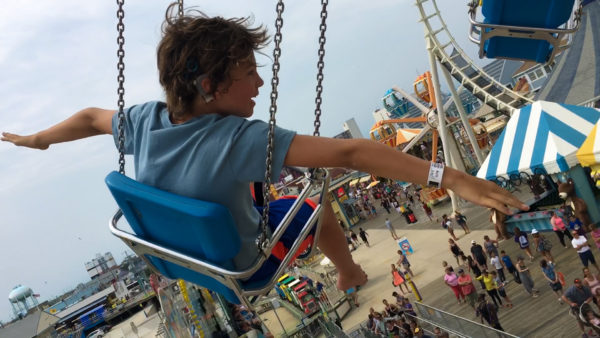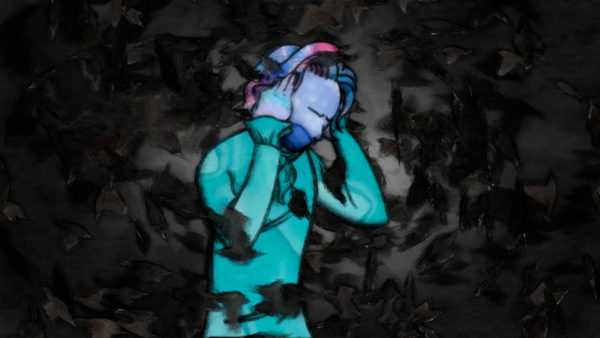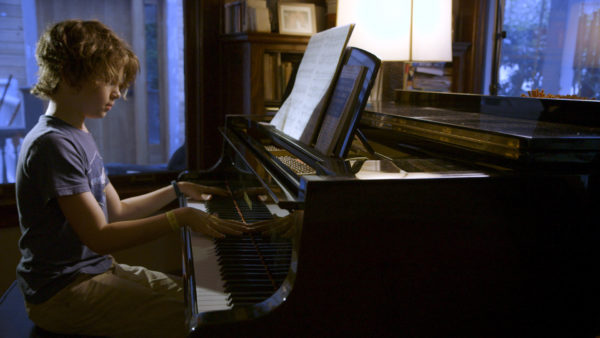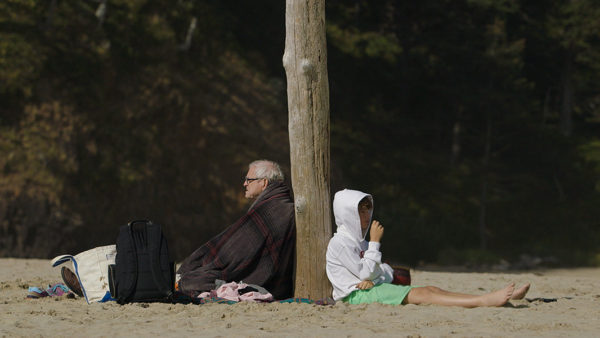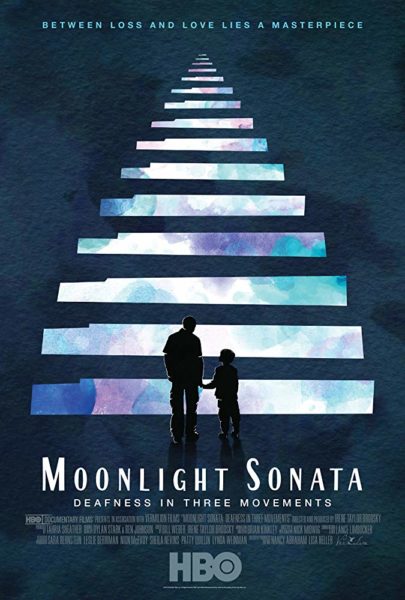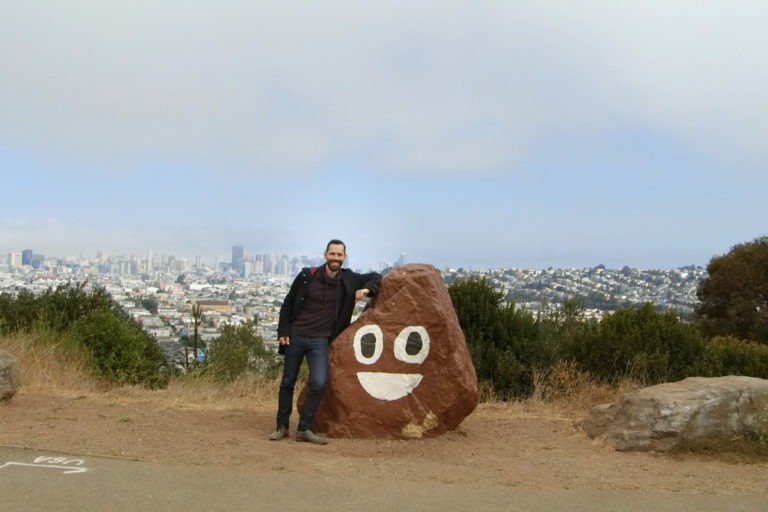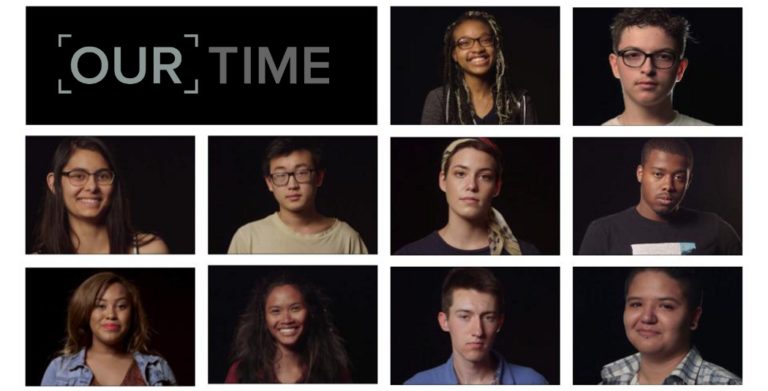“Pssssst!” Our story begins with filmmaker and mother Irene Taylor Brodsky audibly trying to get her infant son’s attention. He is already going deaf, but she does not yet know it.
The HBO Documentary Film, MOONLIGHT SONATA is the visceral and intimate story of a deaf boy growing up, a deaf man growing old, and perhaps the world’s most famous deaf person, Ludwig van Beethoven, who crafted a sonata that would resonate across time and cultures.
The story begins with Jonas’ first years of life going deaf, undergoing surgery for cochlear implants, and then discovering a newfound world of hearing — and music.
Fast-forwarding, now 11-years-old, Jonas has gotten cochlear implant and can choose when to be deaf and when not to be. He is struggling to learn the first movement of the Moonlight Sonata, an anguished composition Beethoven wrote when he began going deaf. Beethoven’s story is told by entering a nineteenth-century animated world alive with watercolor imagery, haunting soundscapes, and original score and witnessing Beethoven descend, painfully, into the loss of something that gave him so much beauty. Jonas’s teacher, Colleen, is the film’s de facto music historian guiding us through Beethoven’s state of mind at the time of writing the piece. Meanwhile, Jonas’ grandparents, Paul and Sally, who have been deaf for nearly 80 years, watch their grandson learn to play the piano and feel the gulf that lies between them.
As Jonas delves deeper into Beethoven’s sonata, the story becomes an intergenerational, inter-era tale of deafness. Paul becomes increasingly forgetful and frustrated: he is losing another sense – his mind. As Jonas navigates deafness and Paul dementia, Beethoven’s process of writing Moonlight Sonata and unearthing creativity from loss serves as a poetic analogue. Like Beethoven, grandfather and grandson must tune into the voice inside of themselves to survive a world that was not built for them.
Much like the iconic piece after which it is titled, MOONLIGHT SONATA is a story about loss and, more importantly, what we discover when we push beyond it.
